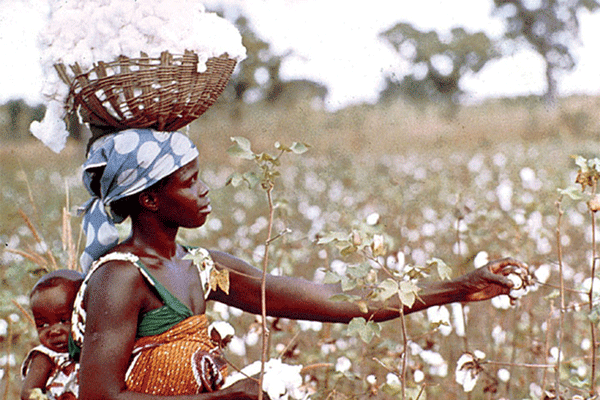
COTTON farmers, just like their tobacco counterparts, have nothing to celebrate again this year given the prices on offer vis-à-vis the stringent conditions set for the release of their money amid rising inflation.
NewsDay Comment
For the umpteenth time, the producers of the white gold are feeling hard done although they were supplied with free inputs. It, therefore, should not come as a surprise if there is a slump in the production of cotton next season given the prevailing market conditions.
A producer price of $43,94kg and a bonus of US$10 per bale delivered while at face value looks attractive considering that the farmers received free inputs, but the reality on the ground points otherwise, given the runaway inflation and the fact that the bulk of the payment is done electronically which has its own challenges.
The best incentive, besides the US$10 bonus, was for farmers to receive all their money in cash so that they hedge their farming business against inflation which reached a post-dollarisation high of 756,57% in April with prices of goods and services skyrocketing at an astounding rate.
We know that authorities strongly feel that the free input support they provided at the beginning of the marketing season is enough cover, but the reality is that it’s not. Cotton production is a labour intensive venture and at the end of the season farmers would feel more incentivised if they were left with something to show for their toil. A 100% cash payment would have been ideal. As it is, farmers are just like slave labourers.
Zimbabwe’s cotton industry took a plunge in 2009 due to climate change, low producer prices, side marketing, inputs diversion and knowledge gap among farmers.
However, over the past few years there has been a marked improvement as a result of an organised input support scheme, reaching a peak of 350 000 tonnes in 2012 before again taking a tumble between 2013 and 2016. Given the importance of cotton as a foreign currency earner and majority employer, government and other contractors intervened with the provision of free inputs, but this seems to have failed to attract the envisaged high number of farmers because of the pricing model and payment system.
- Chamisa under fire over US$120K donation
- Mavhunga puts DeMbare into Chibuku quarterfinals
- Pension funds bet on Cabora Bassa oilfields
- Councils defy govt fire tender directive
Keep Reading
This has had a ripple effect on the entire cotton industry value-chain, with local textile companies and ginneries folding — laying off thousands of workers.
There is no doubt that most parts of Zimbabwe enjoy climatic conditions favourable for cotton farming, but until a comprehensive marketing system as well as solid payment models are put in place, all this input support and good climate will count for nothing.











